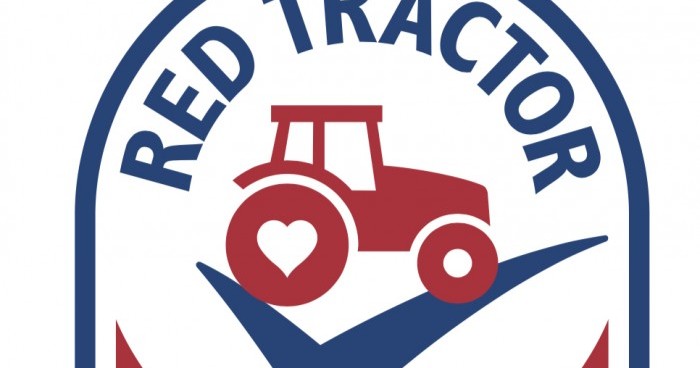Red Tractor has issued new guidance on remote quarterly veterinary inspections, which will be a requirement for scheme members where physical inspections are not possible.
Red Tractor suspended ‘physical’ inspections on March 20 due to coronavirus, announcing that they would be replaced by remote inspections.
The scheme has issued separate guidance on quarterly veterinary visits. “In recognition of the fact that many vet practices are no longer undertaking routine work, including quarterly vet visits for Red Tractor, we have now put in place alternative arrangements,” the guidance states said.
“These arrangements aim to balance the need to maintain social distancing and limit non-essential contact, with the need to ensure a level of the much-valued veterinary oversight of Red Tractor assured pig farms is maintained.
“In instances where a quarterly vet visit is due, but cannot go ahead as a physical visit, we now require that a ‘visit’ be conducted remotely.”
The remote visit should involve a telephone conversation between the farmer and their vet, to discuss pig health and welfare on the unit. While not compulsory, the use of video calling/footage may be used to assist where appropriate, the new guidance states.
The guidance stresses that if there is no documentary evidence that a quarterly visit (remote or physical) has taken place, a nonconformance will be raised against standard AH.h.
The full guidance can be viewed here
Red Tractor scheme member manager Debbie Smith said: “Throughout this time of unprecedented challenges, Red Tractor will continue to monitor government advice and review our processes to address all significant risks, following all biosecurity, good hygiene precautions and social distancing guidelines, as well as any local measures.”
She said shoppers were relying on farmers, food companies and the wider industry to continue as normal wherever possible.
Red Tractor’s responsibilities as the UK’s largest food and farming assurance scheme are to ensure people have access to safe and responsibly sourced food, by protecting the integrity of the food chain, while also ‘protecting the health and safety of our members, assessors, vets and colleagues who govern the scheme, as well as animals and the environment’, she added.




